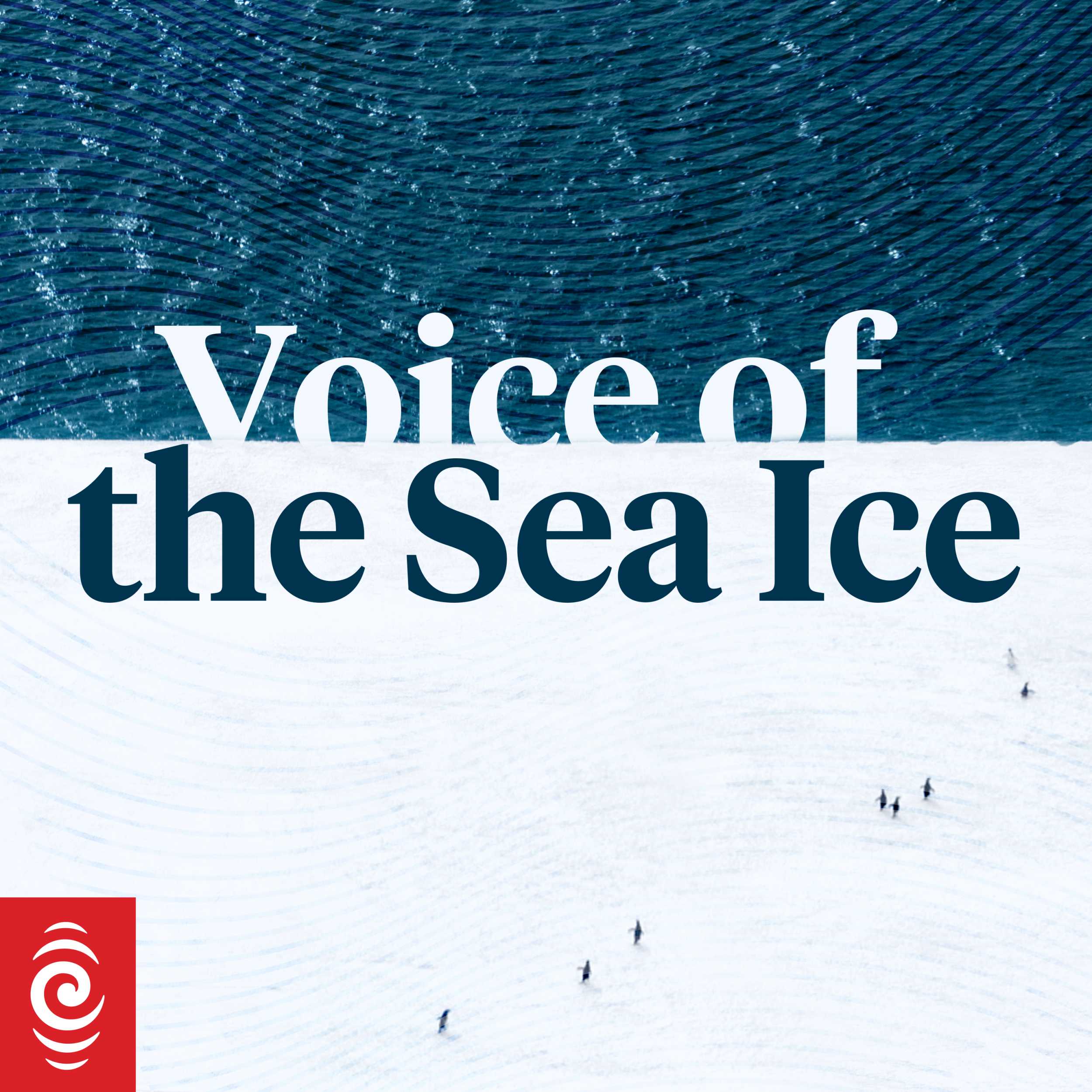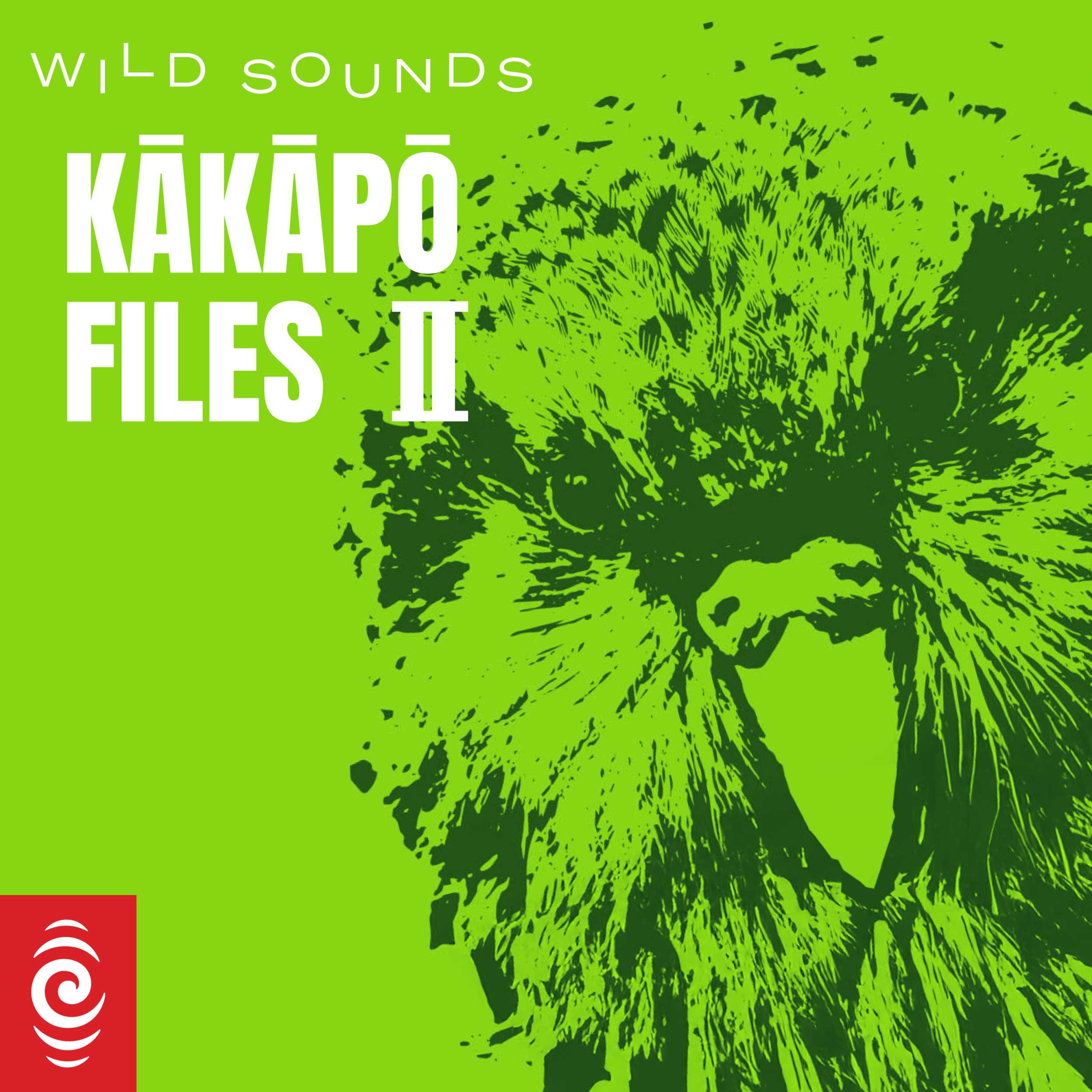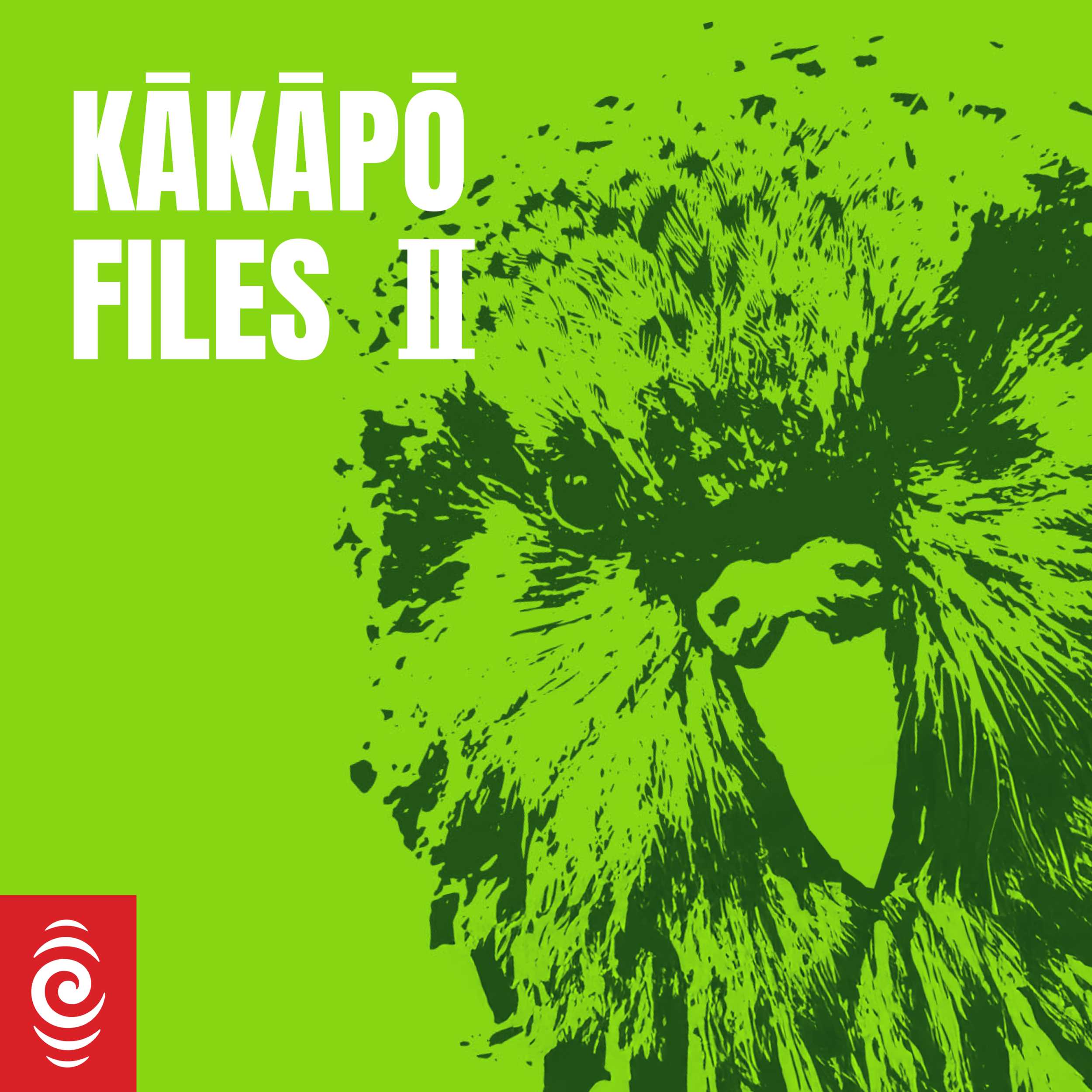Wild Sounds: Voice of the Sea Ice

Wild Sounds: Voice of the Sea Ice
Podcast Description
Step out onto a frozen landscape with New Zealand researchers investigating the future of Antarctica.
Podcast Insights
Content Themes
The series delves into topics related to Antarctic exploration, climate change, and scientific innovation. Episodes spotlight significant themes such as mapping safe routes across ice shelves, investigating methane seeps, and understanding the ecology of Antarctic sea ice, with specific episodes featuring researchers like Dr. Daniel Price and ongoing projects addressing environmental changes.

The Kākāpō Files podcast is back with what’s set to be the biggest breeding season of all time for the world’s favourite parrot.
It’s the New Year and we’re in the early days of a big kākāpō breeding season. Daryl Eason from the Kākāpō Team tells Alison Ballance that Esperance and Ian are the second kākāpō to mate, and he expects that any minute now there will be plenty more birds mating. The kākāpō population drops to 236 birds. Science advisor Andrew Digby explains why every living kākāpō has had its genome sequenced, and what genes can reveal – including why some kākāpō have olive feathers and others are bright green. And we meet over-achievers Flossie and Blades.
Send any Kākāpō Files questions and comments to [email protected]
In this episode:
00:00 – Introduction
00:38 – Daryl Eason with news of the second mating of the season, what Pearl is up to and a death
05:10 – Andrew Digby talks genomes and feather colour
12:10 – Super breeders Flossie and Blades
14:08 – Closing credits
Learn more:
- Follow the Kākāpō Files podcast to keep up to date.
- Listen to the Voice of the Kākāpō series for a recap of the 2019 breeding season. Also listen to the episodes covering the interim 2022 breeding season, and about how a few male kākāpō have fared in the North Island, in the fenced Sanctuary Mountain Maungatautari.
- For more New Zealand science and nature find and follow the Our Changing World podcast, and subscribe to the show’s monthly newsletter.
Guests:
- Andrew Digby, Science Advisor, Kākāpō Recovery Programme
- Daryl Eason, Technical Advisor, Kākāpō Recovery Programme
Kākāpō Files is made in collaboration with the Department of Conservation’s Kākāpō Recovery Programme.

Disclaimer
This podcast’s information is provided for general reference and was obtained from publicly accessible sources. The Podcast Collaborative neither produces nor verifies the content, accuracy, or suitability of this podcast. Views and opinions belong solely to the podcast creators and guests.
For a complete disclaimer, please see our Full Disclaimer on the archive page. The Podcast Collaborative bears no responsibility for the podcast’s themes, language, or overall content. Listener discretion is advised. Read our Terms of Use and Privacy Policy for more details.